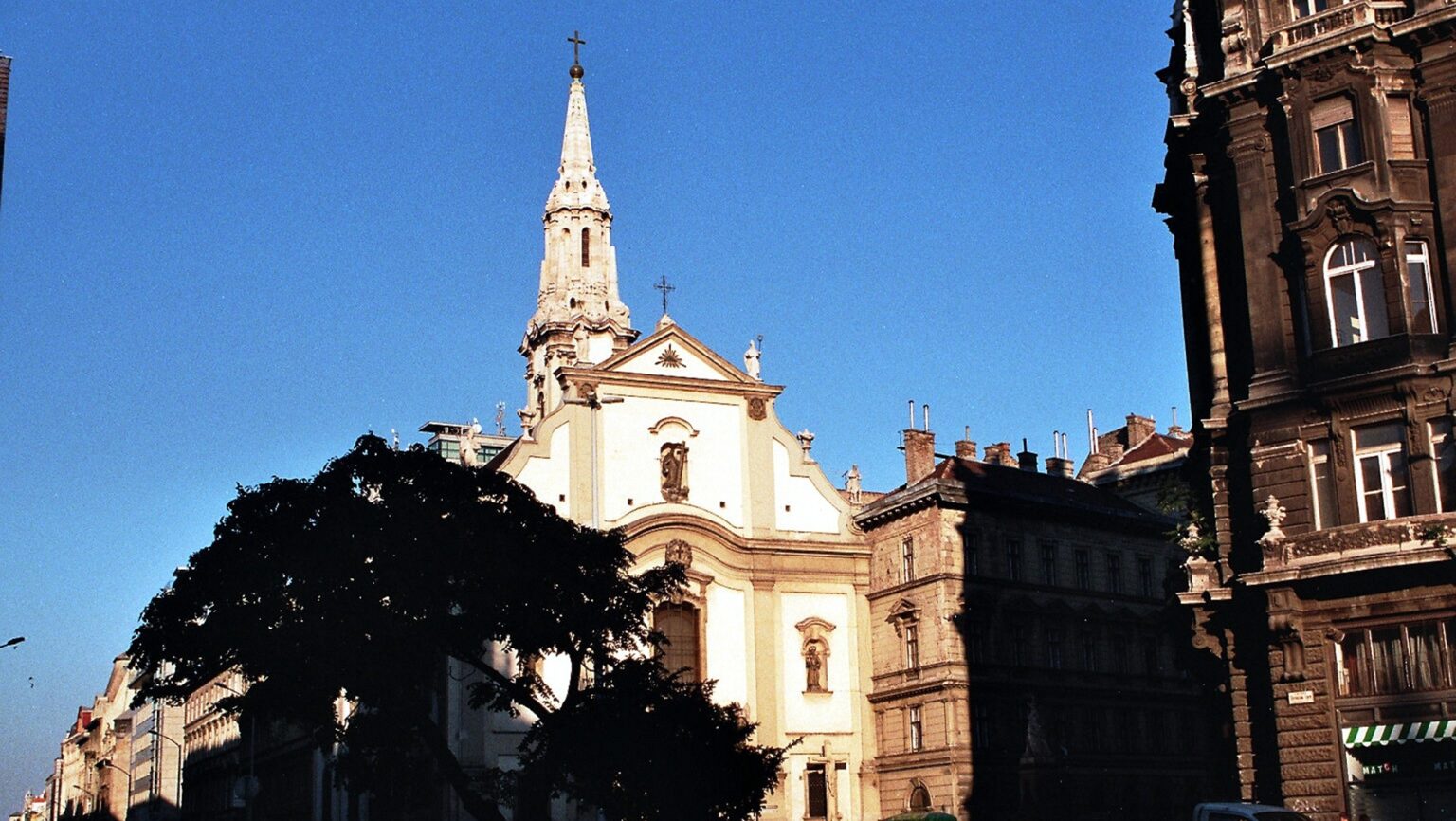
Prime Minister Viktor Orbán of Hungary has defended an 82-year-old Franciscan Friar who was accosted by opposition protesters at his church. In the video shared by the Prime Minister, the demonstrators can be heard yelling at Father Pál, who is objecting to their presence right by his church.
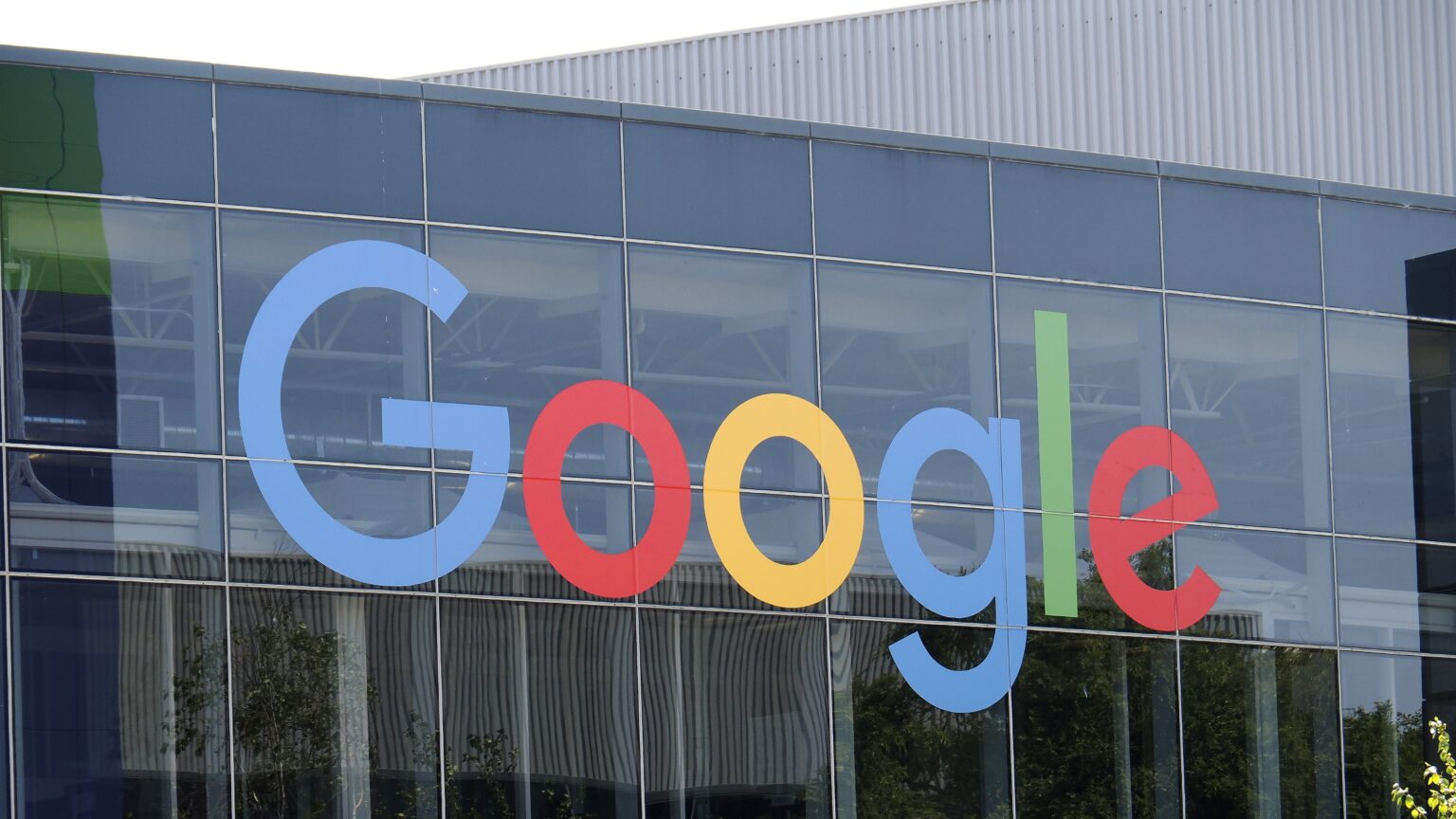
Google has announced plans to restore YouTube accounts previously banned over COVID-19 and election content. The move comes after admitting that US political pressure, including lobbying from the Biden administration, influenced earlier restrictions.

Hungary’s National Economy Ministry (NGM) criticized the European Commission and the opposition Tisza Party on Thursday, warning that proposed progressive tax hikes and subsidy cuts would endanger families, small businesses, and jobs.
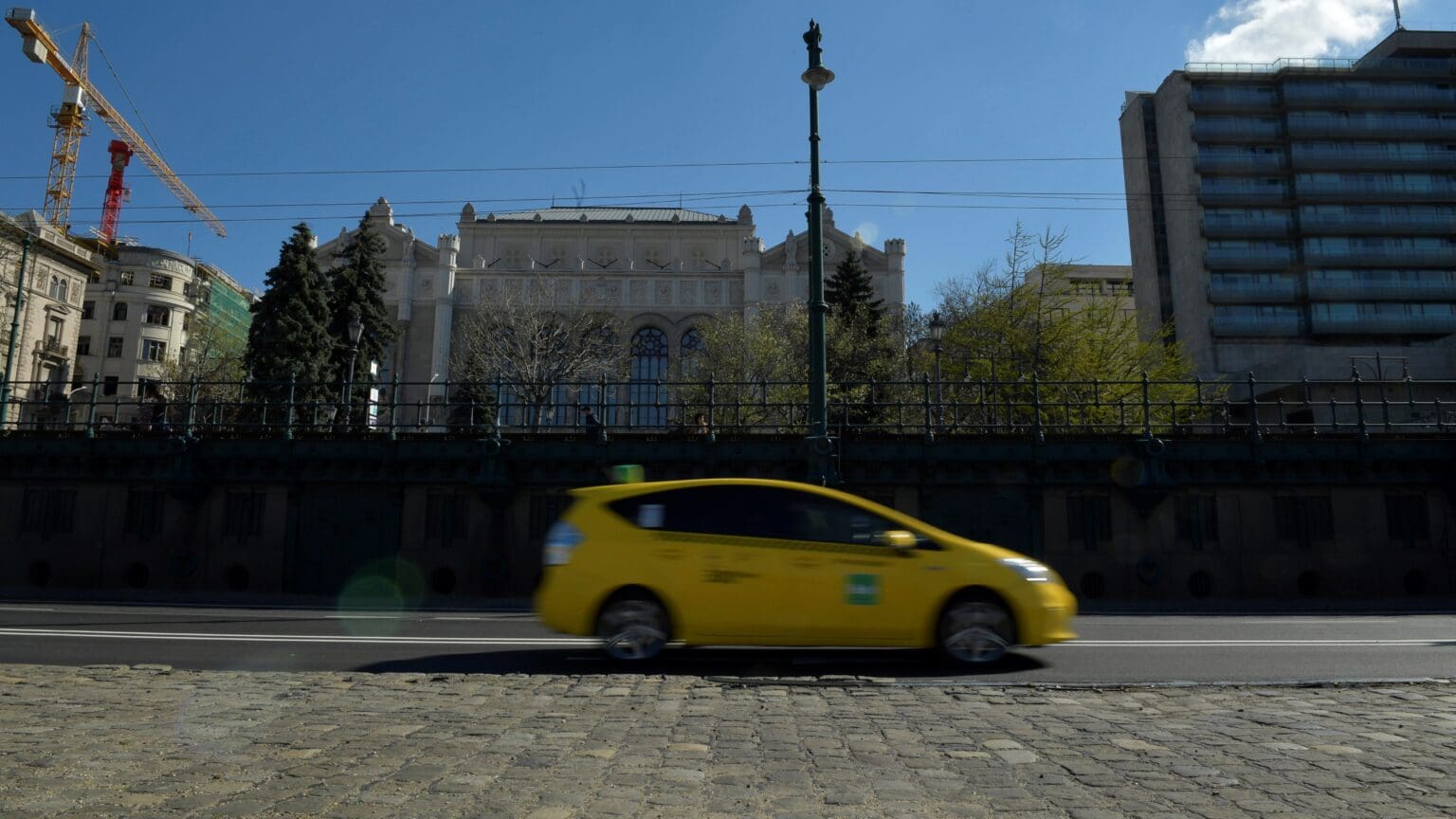
Budapest’s City Assembly has amended the taxi regulation to improve transparency and passenger safety, introducing stricter rules on payment, identification, and vehicle appearance, though taxi drivers continue to push for fare increases and a cap on numbers.
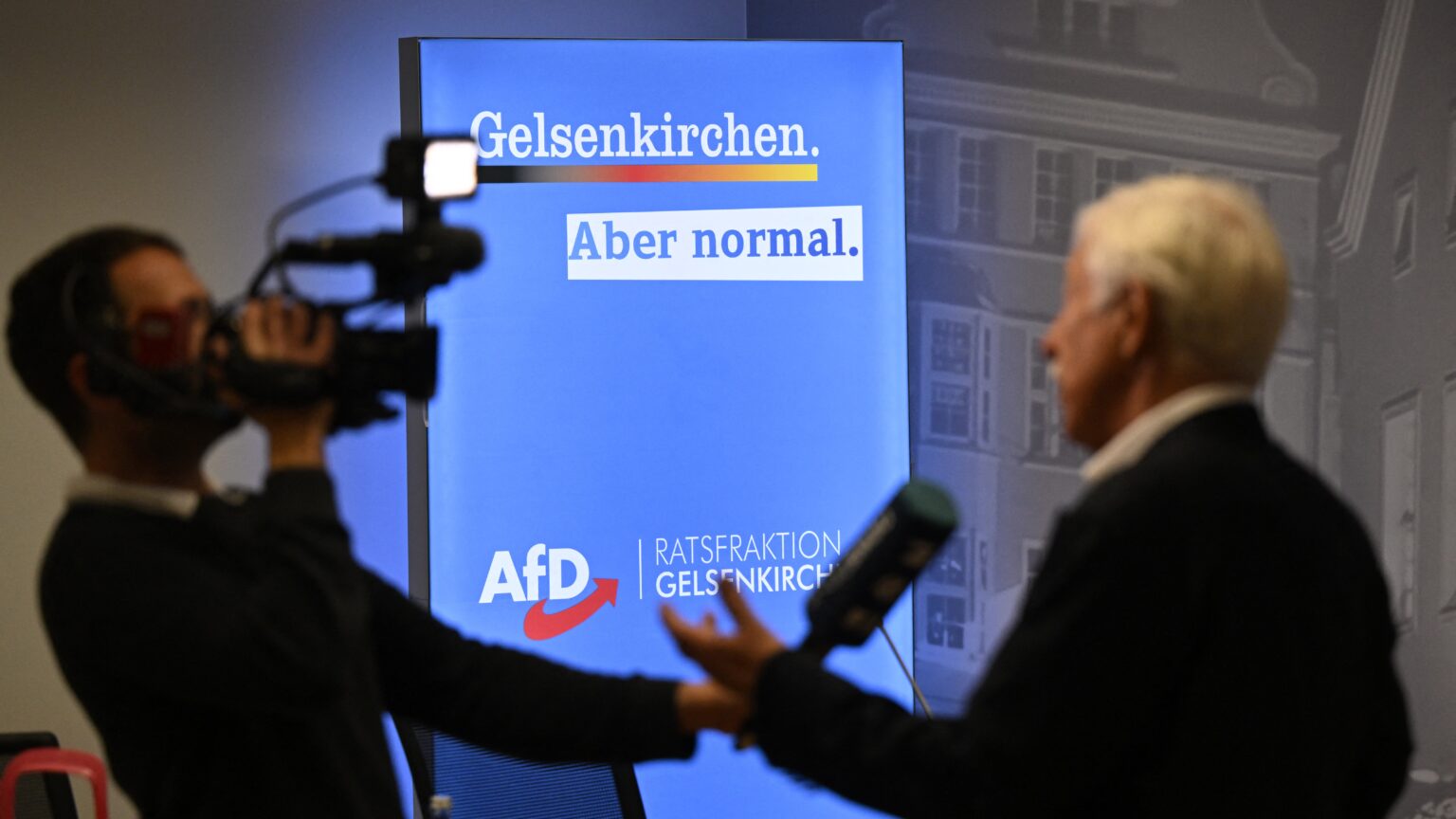
The deaths of seven AfD candidates before North Rhine–Westphalia’s local elections stirred controversy after economist Stefan Homburg called the cluster ‘statistically almost impossible’. Despite official findings of natural causes, AfD leader Alice Weidel echoed concerns—highlighting broader tensions around democratic pluralism in Germany.

A man has opened fire from a rooftop at an ICE facility in Dallas, Texas, killing one and injuring two. The perpetrator committed suicide at the scene with his gun. Information about the victim has not yet been released by local law enforcement.
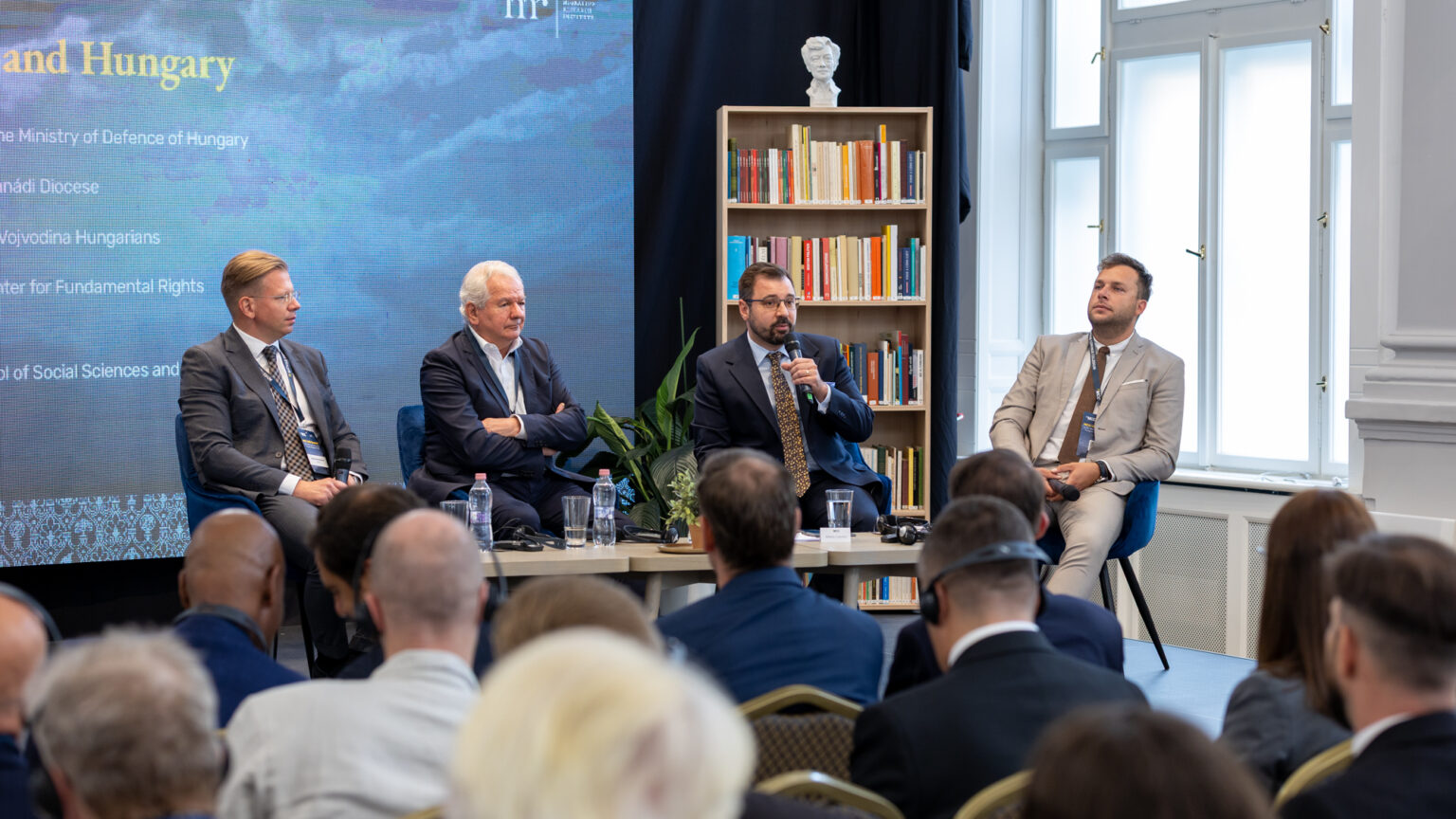
Hungary’s border fence, Western Europe’s migration failures, and the future of European sovereignty dominated the opening day of the MCC–MRI summit in Szeged, marking the tenth anniversary of the Migration Research Institute. Policymakers, academics, and church leaders agreed that Hungary’s model—closing borders and aiding people in their regions—remains Europe’s only viable strategy.
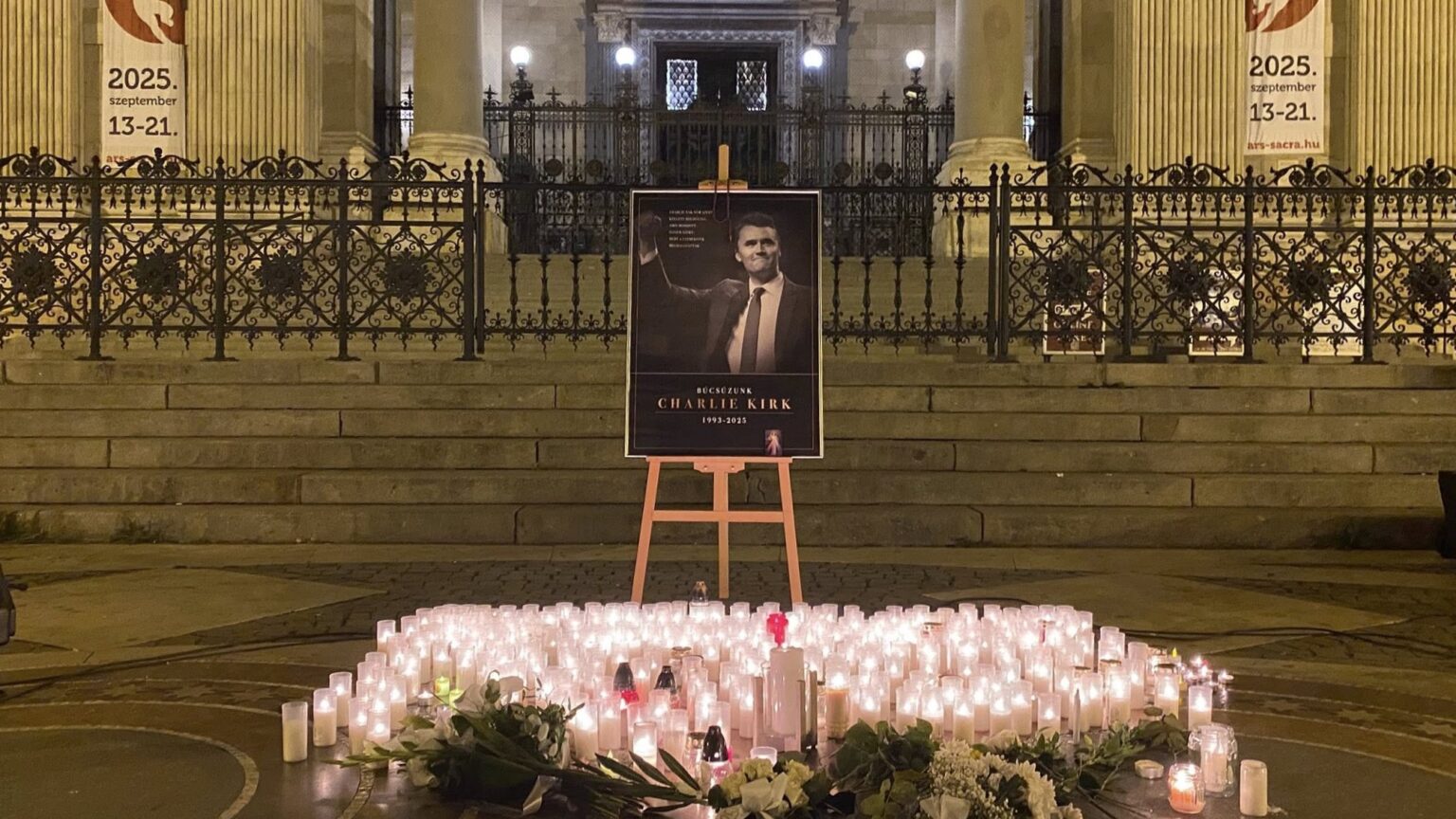
‘His death shows that ignorance and hatred can be fatal—yet his life teaches and obliges us to take our faith seriously, to give courageous testimony, and to stand publicly for our values, even in hostile environments.’
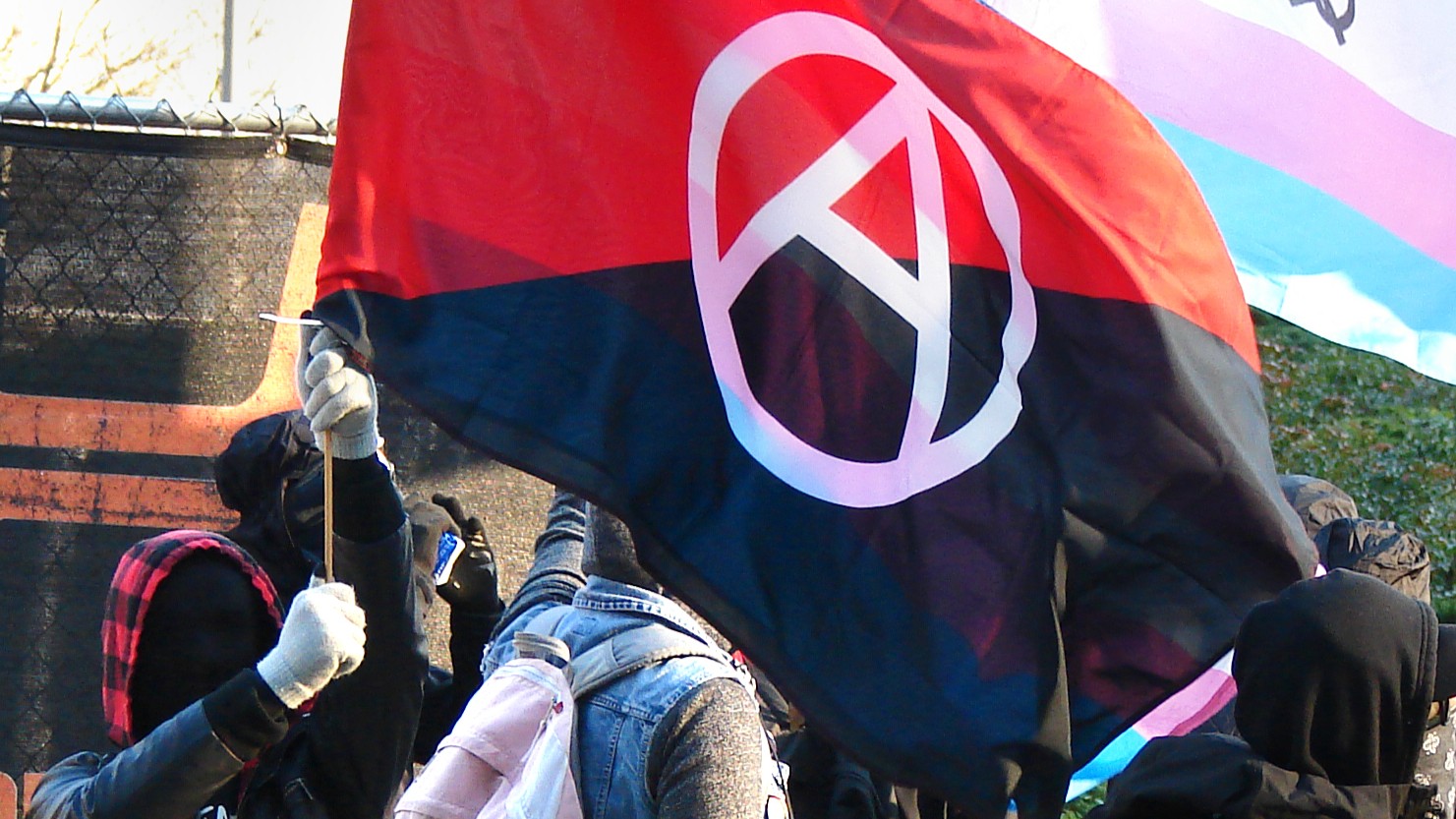
Hungary is urging the EU to classify Antifa as a terrorist organization following the assassination of free speech activist Charlie Kirk. With past violent attacks in Budapest and controversial EP immunity for suspect Ilaria Salis, officials argue that Antifa poses a serious threat to public safety and that Brussels must align with US counterterrorism measures.

Hungary’s Prime Minister Viktor Orbán announced that new factories and major infrastructure projects in the Great Hungarian Plain will create around 50,000 jobs, while recent railway upgrades will cut the Budapest–Brașov journey by five hours.

Visa has launched its Digital Payments Programme in Hungary to help micro and small businesses adopt online payments and boost competitiveness in e-commerce, offering six months of free card acceptance and a range of digital solutions.
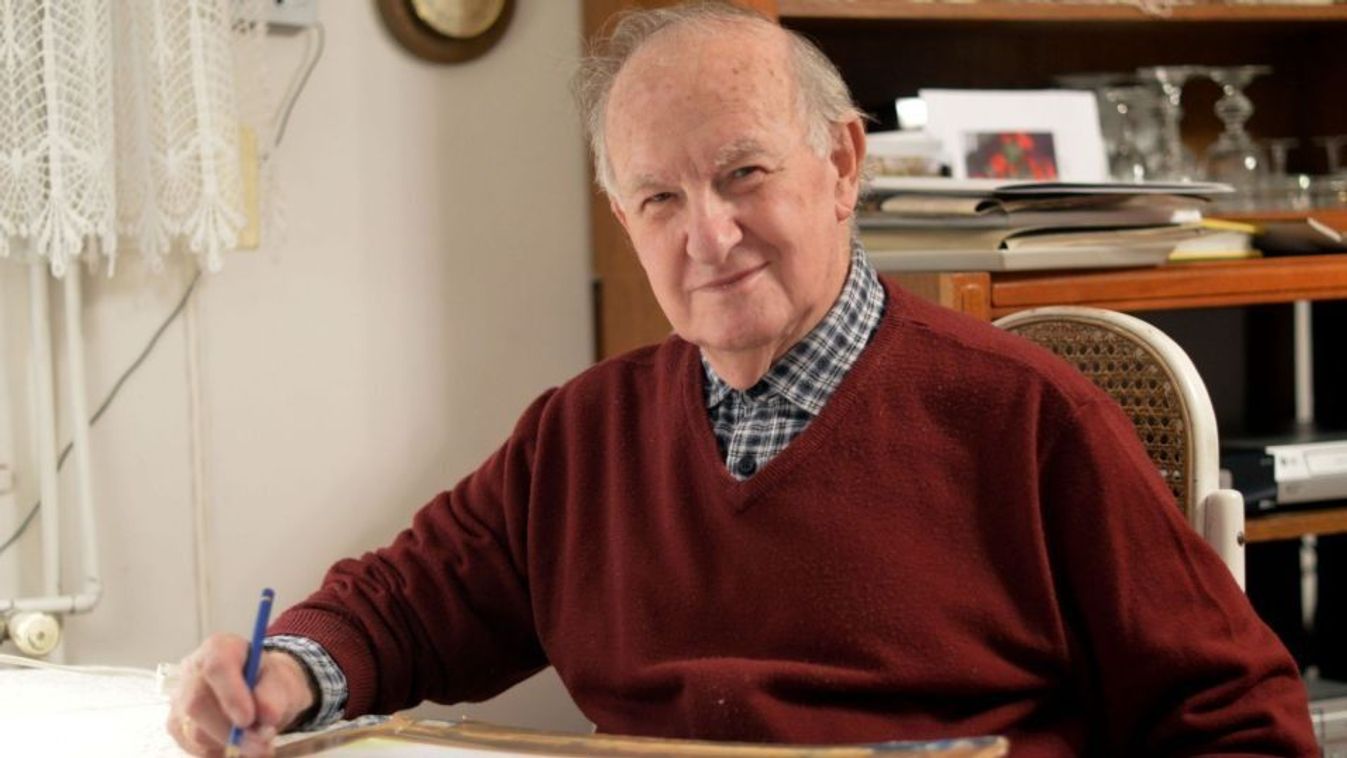
Ferenc Sajdik, iconic Hungarian cartoonist behind Pom Pom meséi and A nagy ho-ho-horgász, has died at 95. Born in Germany to Hungarian parents, he discovered his passion for caricature while training as a printing press operator. Over his career, he illustrated 300 books and received Hungary’s Kossuth Prize.
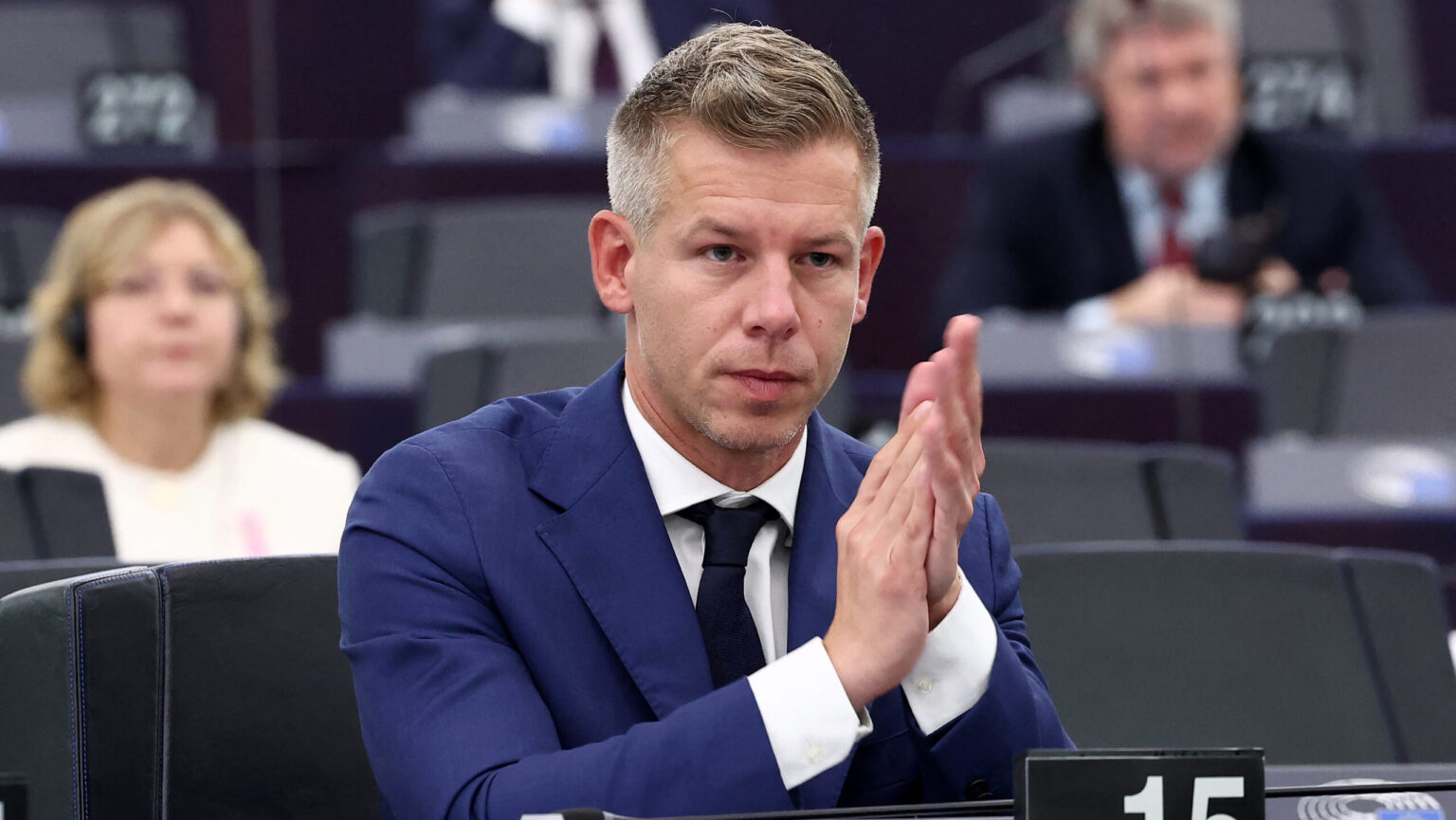
The European Parliament’s legal affairs committee has given cover to Péter Magyar, Ilaria Salis, and Klára Dobrev, refusing to lift their immunity despite ongoing Hungarian cases. Orbán blasted the move as ‘shame and disgrace’, calling Magyar ‘Brussels’ man’.

Ukrainian-born content creator Anna Malygon, known online as maligoshik, turned her country’s suffering into a brand—mixing war-torn backdrops with TikTok and OnlyFans promotion. The 22-year-old lives in a Los Angeles ‘castle’ with a butler, Porsche, and millions in earnings, symbolizing how victimhood has become a commodity while her compatriots still face bombs and suffering.
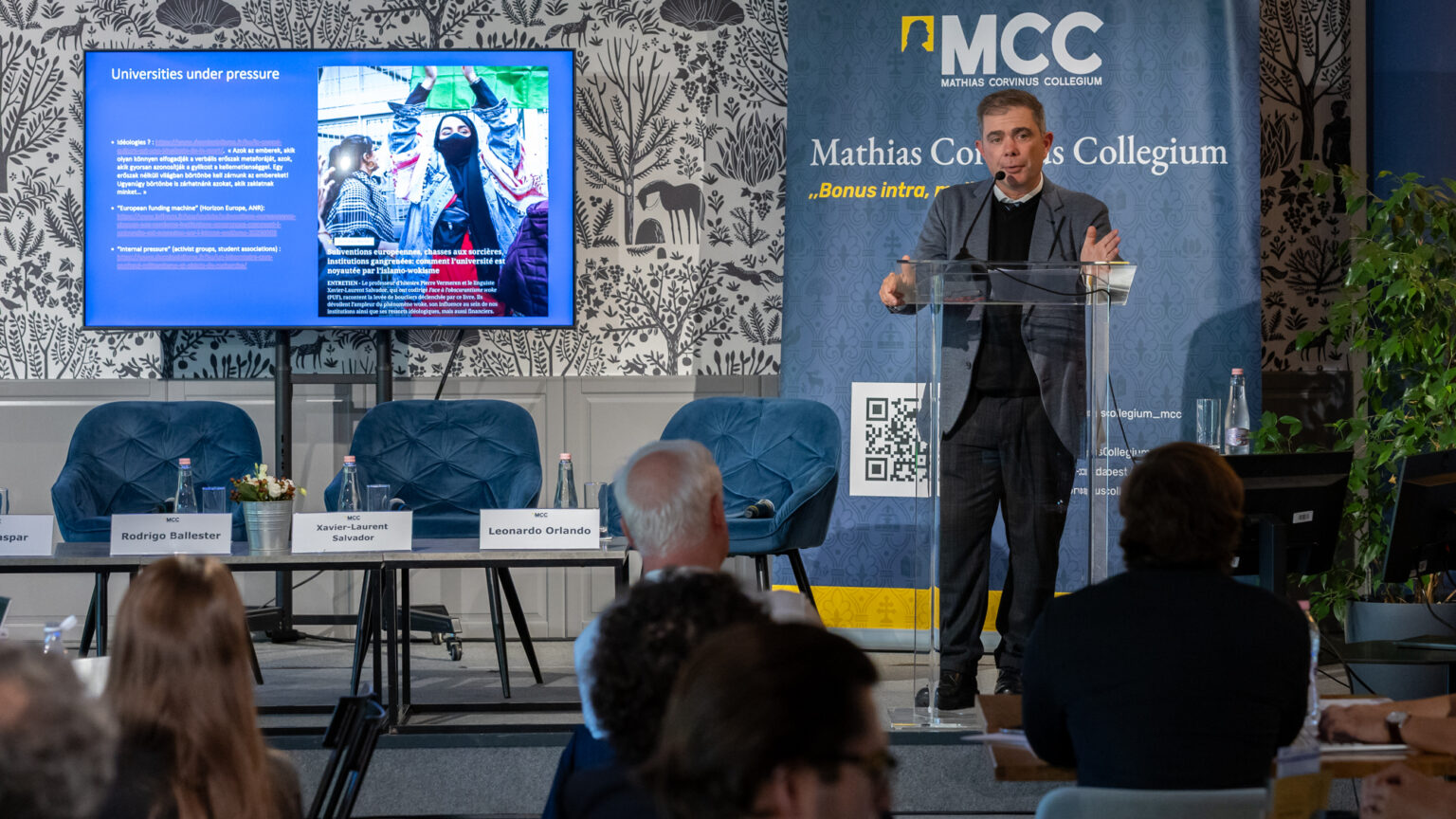
At an event at MCC Budapest, French author Xavier-Laurent Salvador spoke about the French academic publisher suspending the publication of his book Face à l’obscurantisme woke (In the Face of Woke Obscurantism). Rodrigo Ballester and Leonardo Orlando joined the discussion about the problems with progressivism in European academia.
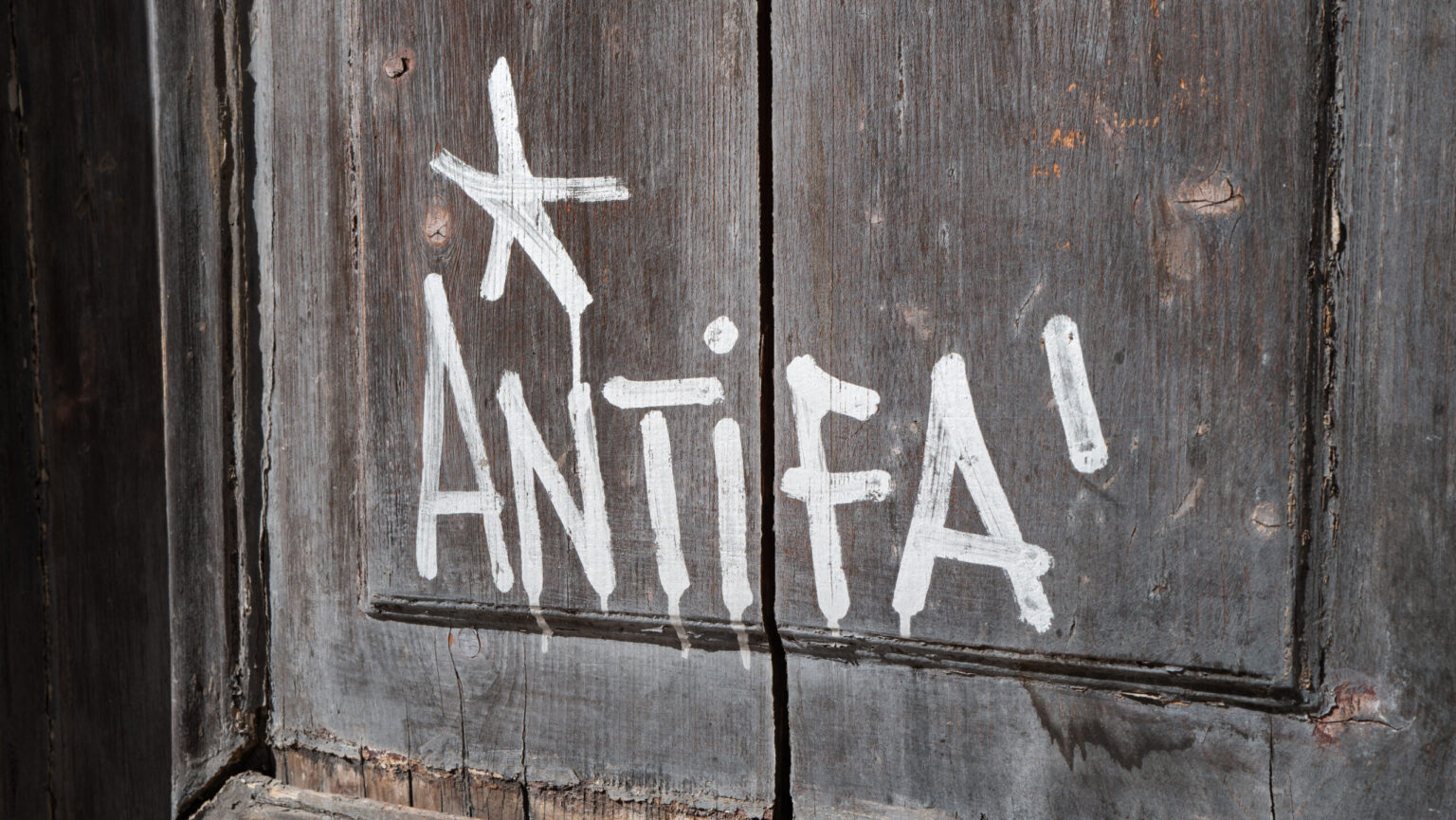
Prime Minister Viktor Orbán said Hungary could soon classify Antifa as a terrorist organization, echoing a similar initiative by US President Donald Trump. Orbán recalled violent attacks in Budapest in 2023, when Italian MEP Ilaria Salis joined Antifa groups targeting people with a ‘right-wing appearance’, and stated that such movements must be treated like the Islamic State.
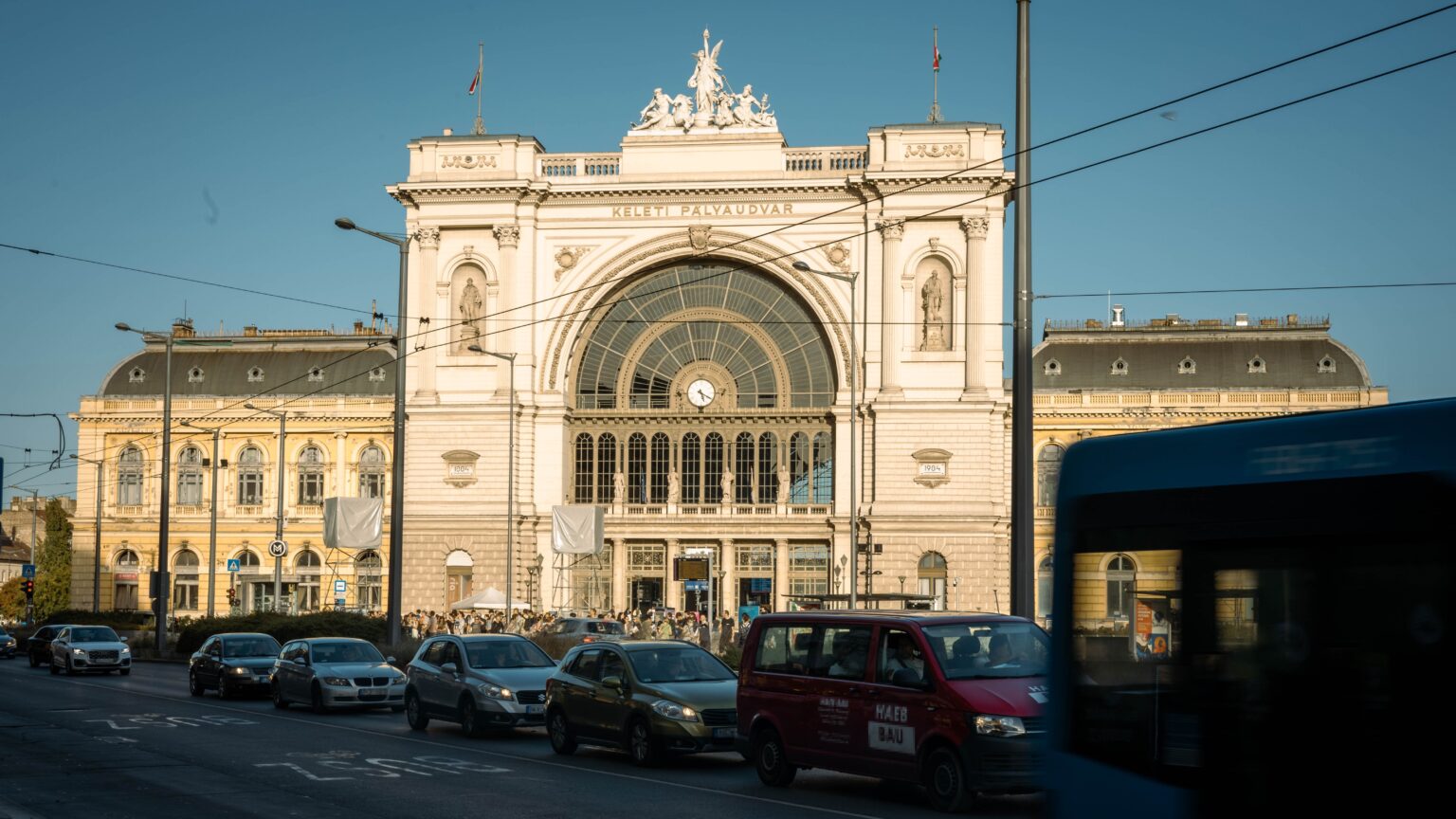
Budapest’s Keleti Railway Station has reopened after technical delays, gradually resuming traffic. Suburban and regional trains are running from Sunday afternoon, while full operations will restart on Monday morning, MÁV’s CEO announced.
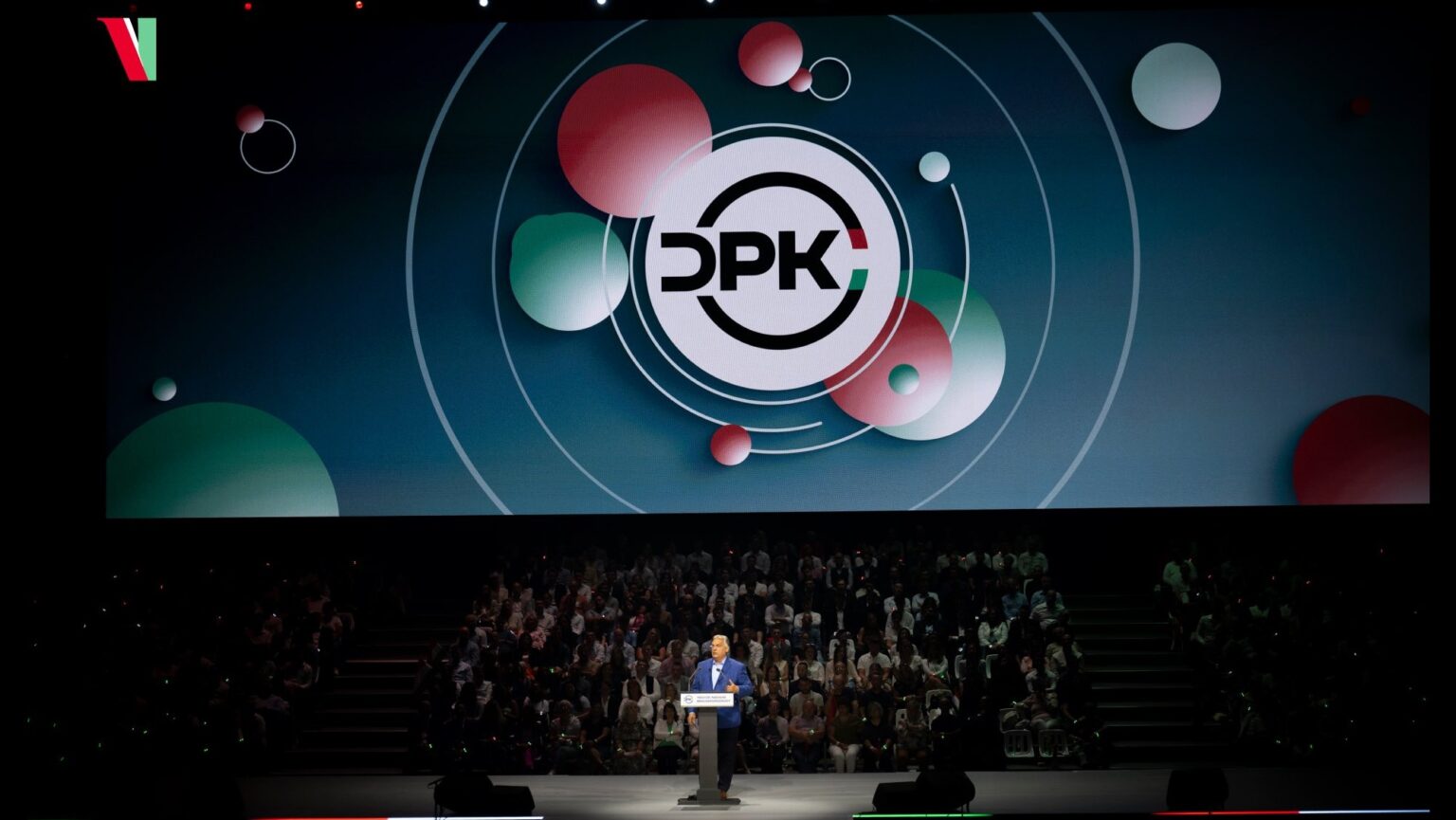
Prime Minister Viktor Orbán of Hungary has held a rally for his new Digital Civic Circles (DPK) initiative in Budapest, drawing 11,000 supporters. Positioning DPK as a tool to convert offline strength into online visibility, Orbán framed the movement as a fight for Hungary’s sovereignty against Brussels, social liberalism, and migration, while celebrating Fidesz’s enduring dominance.
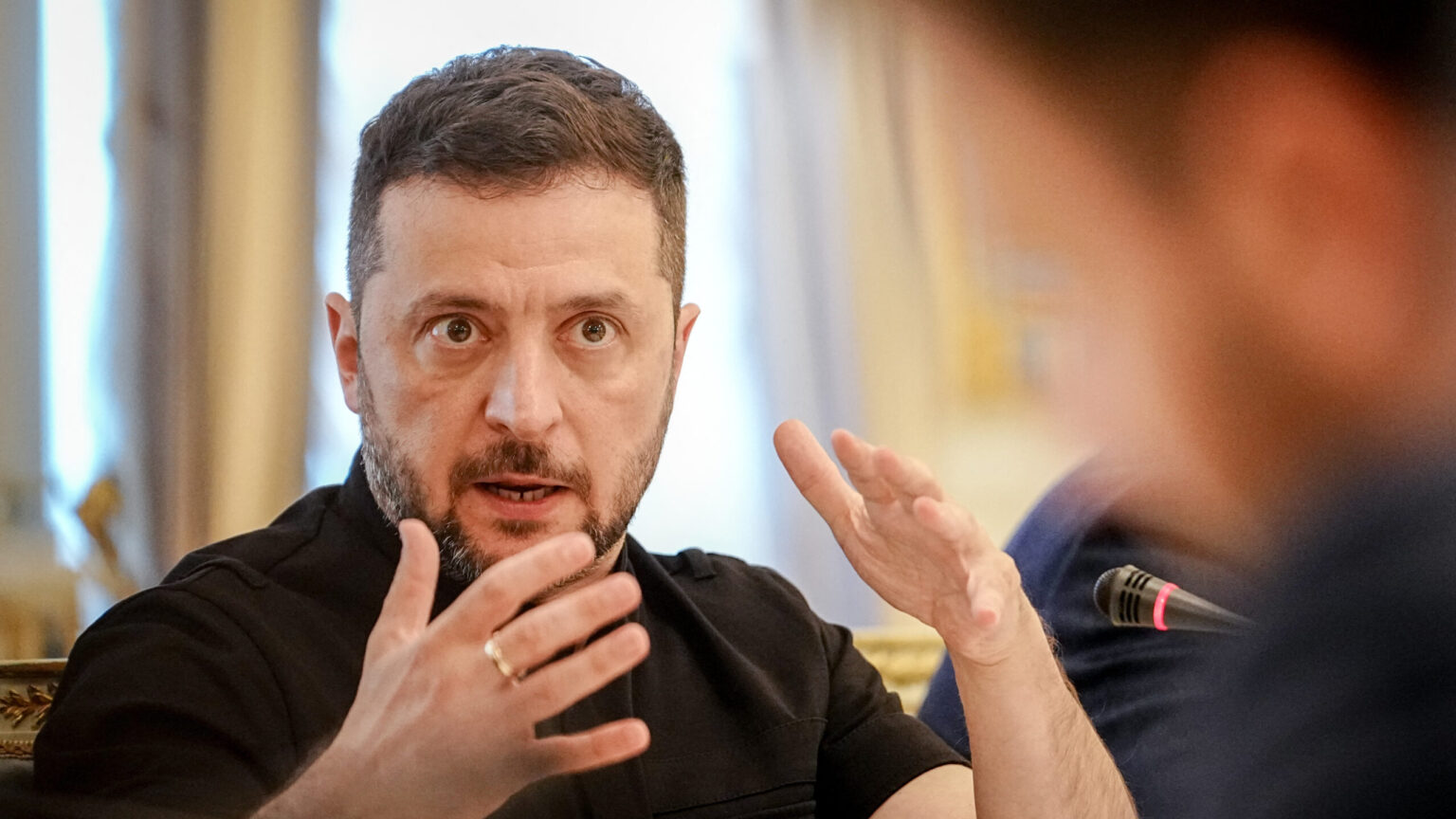
Ukraine’s security service has blocked 15 outlets from Hungary, Romania, Moldova, and Greece—including Hungary’s Origo and Demokrata—accusing them of spreading Russian propaganda. Demokrata editor-in-chief András Bencsik slammed the move as proof Ukraine has become a ‘rotten, corrupt dictatorship’ that tramples free speech.
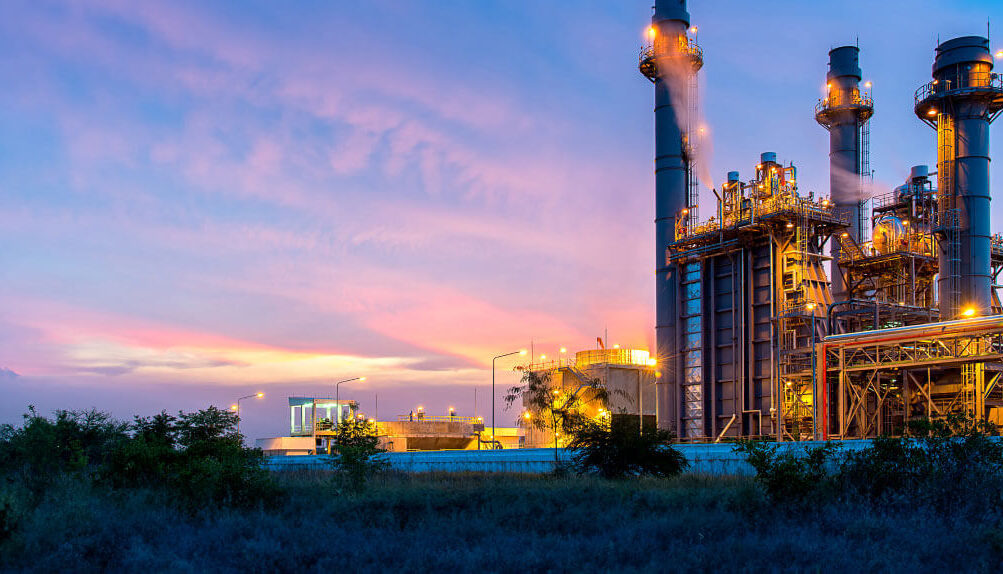
Singapore-based Vulcan Shield Global will build its first European plant in Békéscsaba, a 280 billion HUF investment creating 2,500 jobs by 2033. Local leaders hailed the project as the biggest in the county’s history, while the Hungarian government pledged 49 billion HUF support for the high-tech factory.
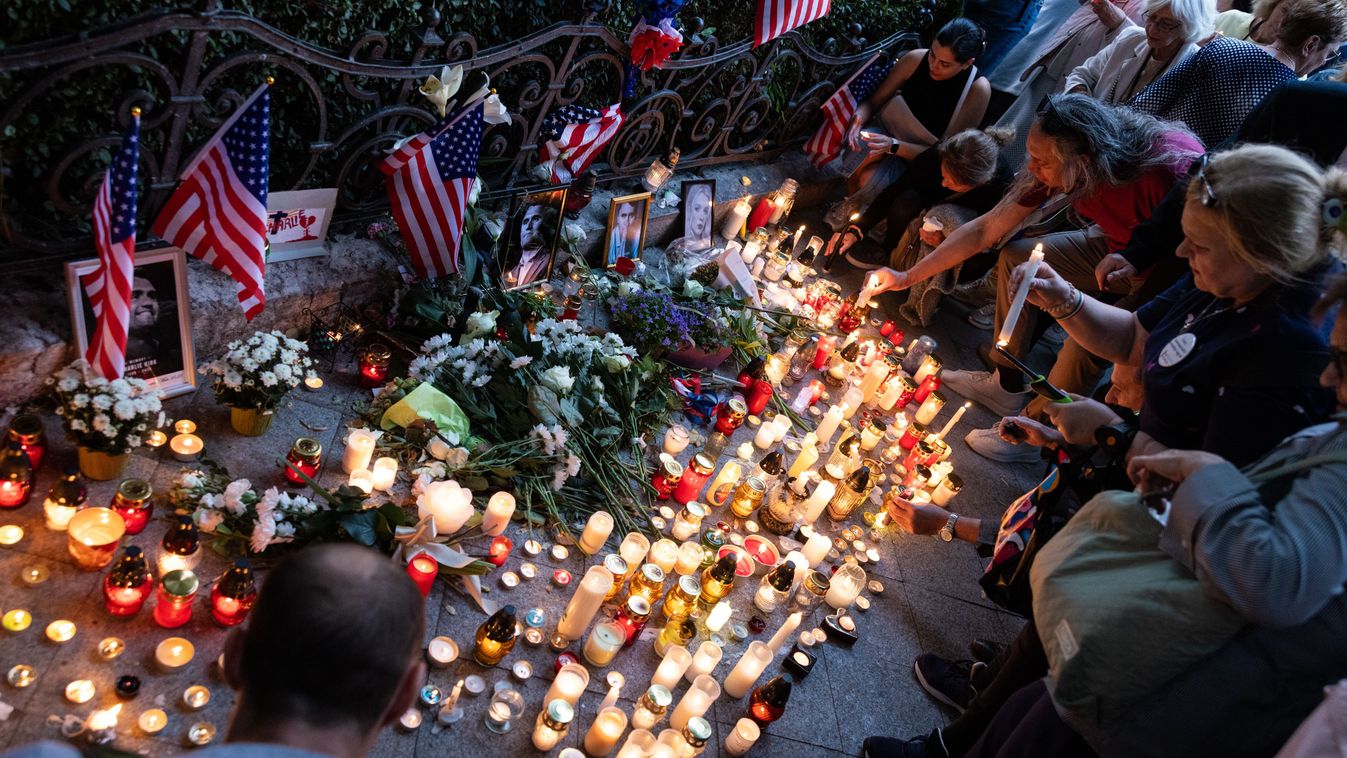
Hundreds gathered at the US Embassy in Budapest on Thursday night to honour assassinated US conservative activist Charlie Kirk. At the candlelit vigil, Zsolt Bayer, Miklós Szánthó, and László Molnár called his killing a strike against Judeo–Christian civilization, warning that Western culture must not be erased by far-left violence.

Donald Trump’s legacy split the stage at Brain Bar 2025, where Zoltán Pogátsa slammed him as an opportunist ‘populist clown’, while Jacob Reynolds hailed him as a disruptor who exposed the failures of globalization and elite complacency. The fiery debate showed why Trump remains the most divisive figure in global politics.
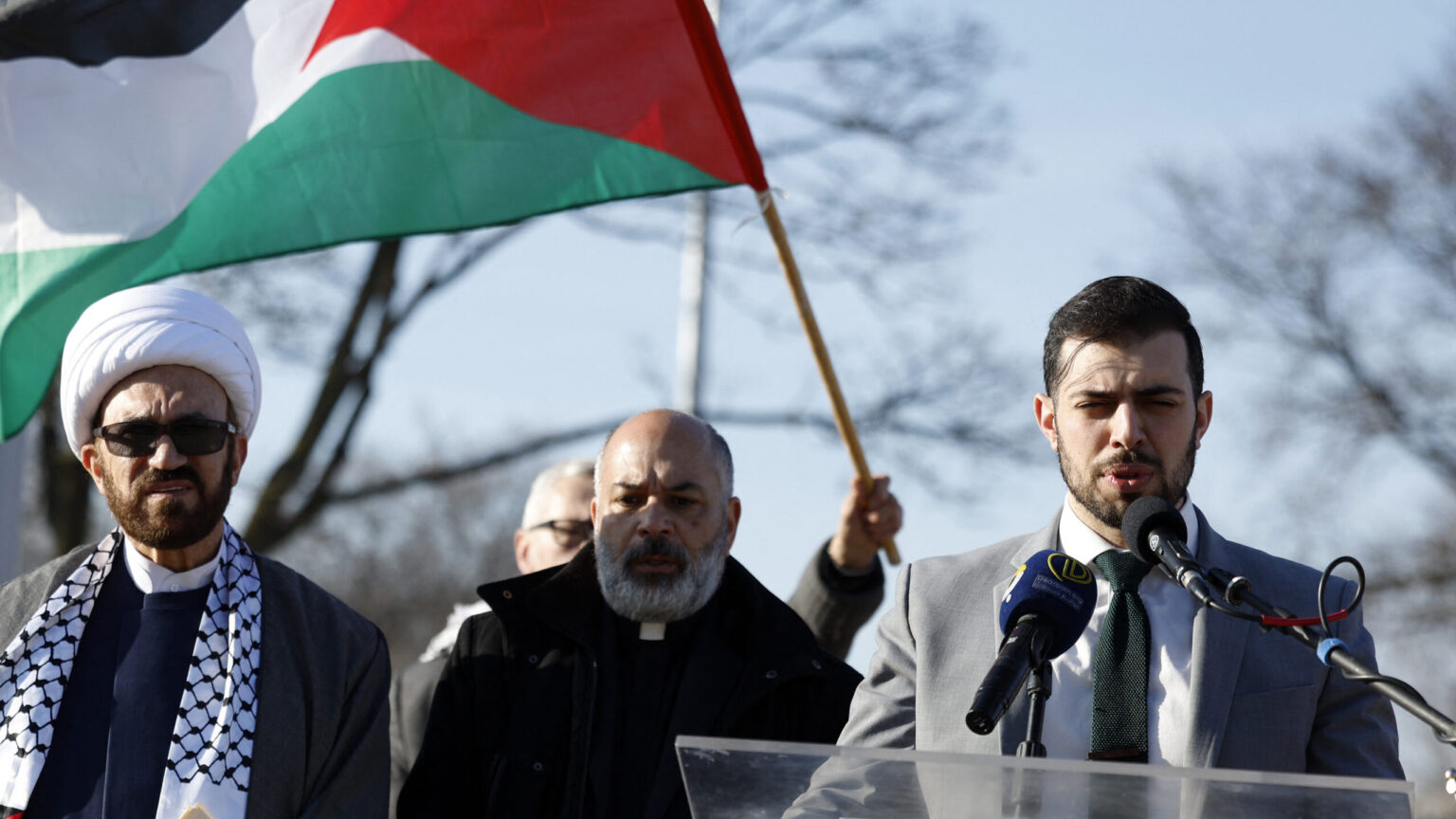
Mayor Abdullah Hammoud of Dearborn has ignited national outrage after telling a Christian man he was ‘not welcome’ and a ‘bigot’ for objecting to a street sign honouring Osama Siblani, local journalist who has glorified Hamas and Hezbollah. The clash, captured on video, has fuelled debate over intolerance, antisemitism, and freedom of speech in America.
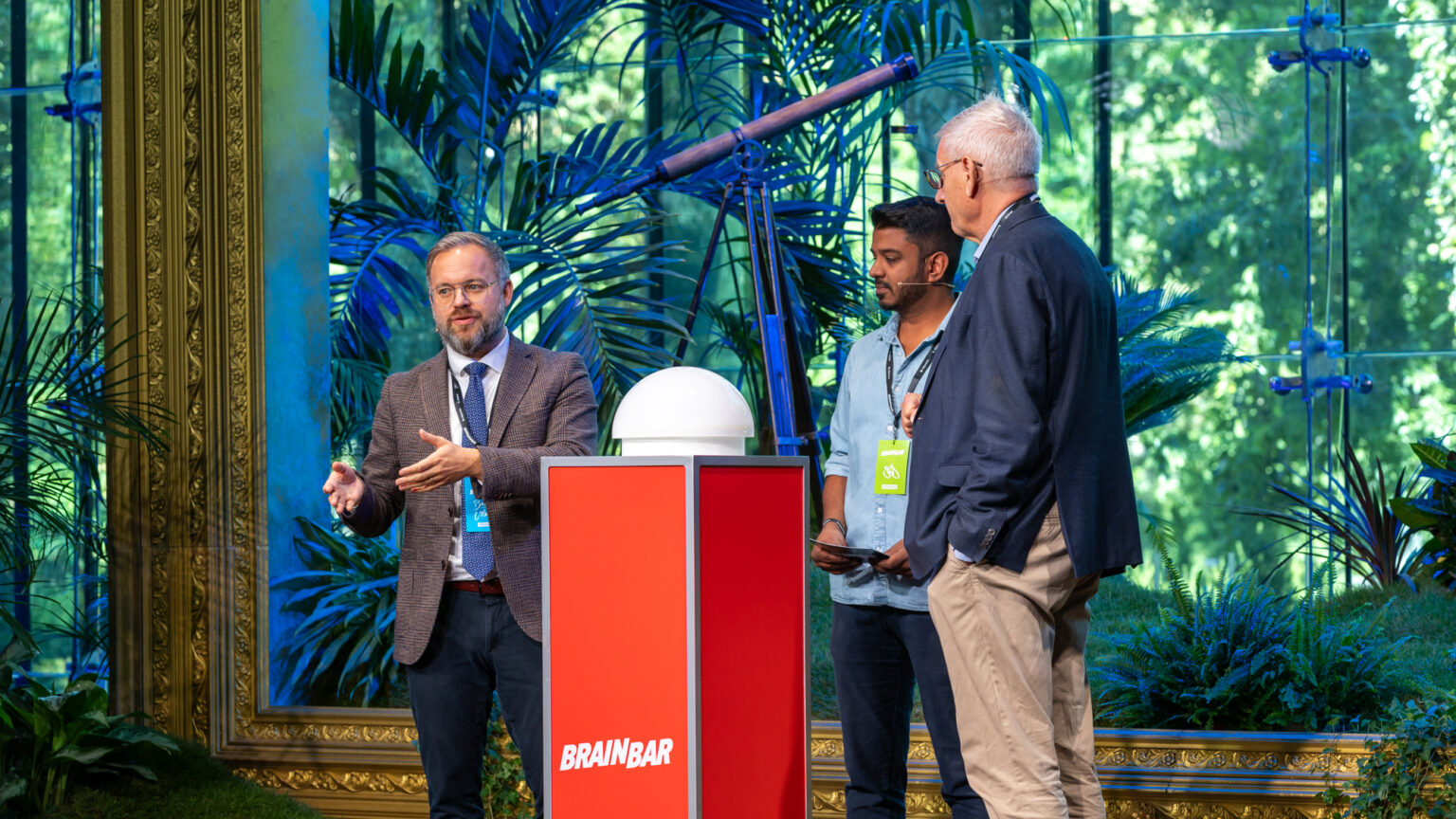
Balázs Orbán and Carl Bildt clashed at Budapest’s Brain Bar festival, offering starkly different visions for Europe’s future. While Bildt urged deeper EU integration to confront crises from migration to war, Orbán accused Brussels of centralizing power and undermining sovereignty—echoing Hungary’s longstanding call for new leadership.
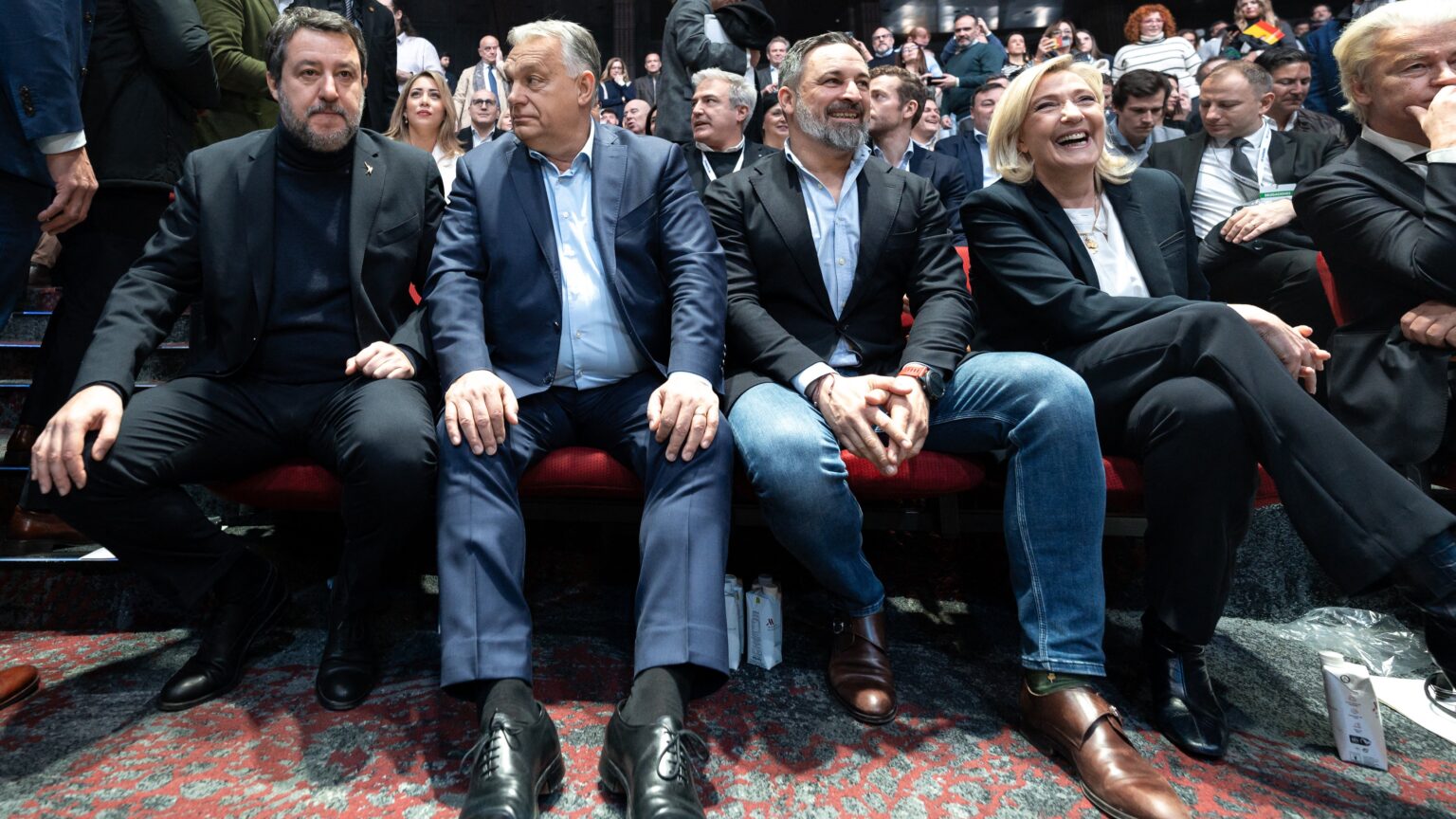
The Patriots for Europe face growing scrutiny over alleged ties to €4.3 million in misused EU funds linked to the dissolved ID group. As legal pressure mounts, critics argue the investigation reflects political bias and double standards within EU institutions, raising concerns about the impartiality of oversight bodies in Brussels.
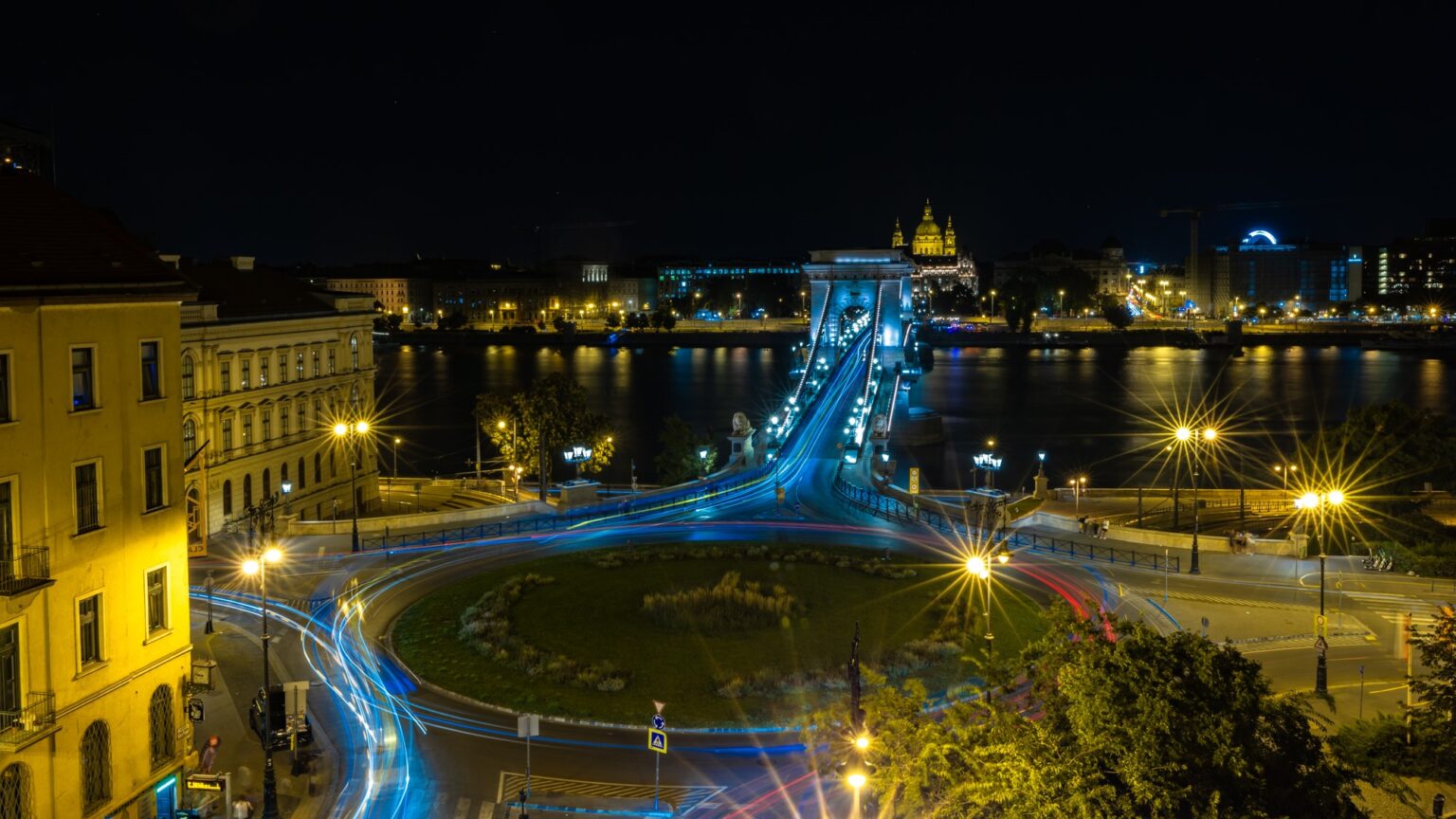
Hungary’s economy may expand by 2.8 per cent next year, according to Equilor Investment Ltd, which sees rising household consumption and easing inflation as key drivers, despite risks from global uncertainty and Europe’s sluggish growth.
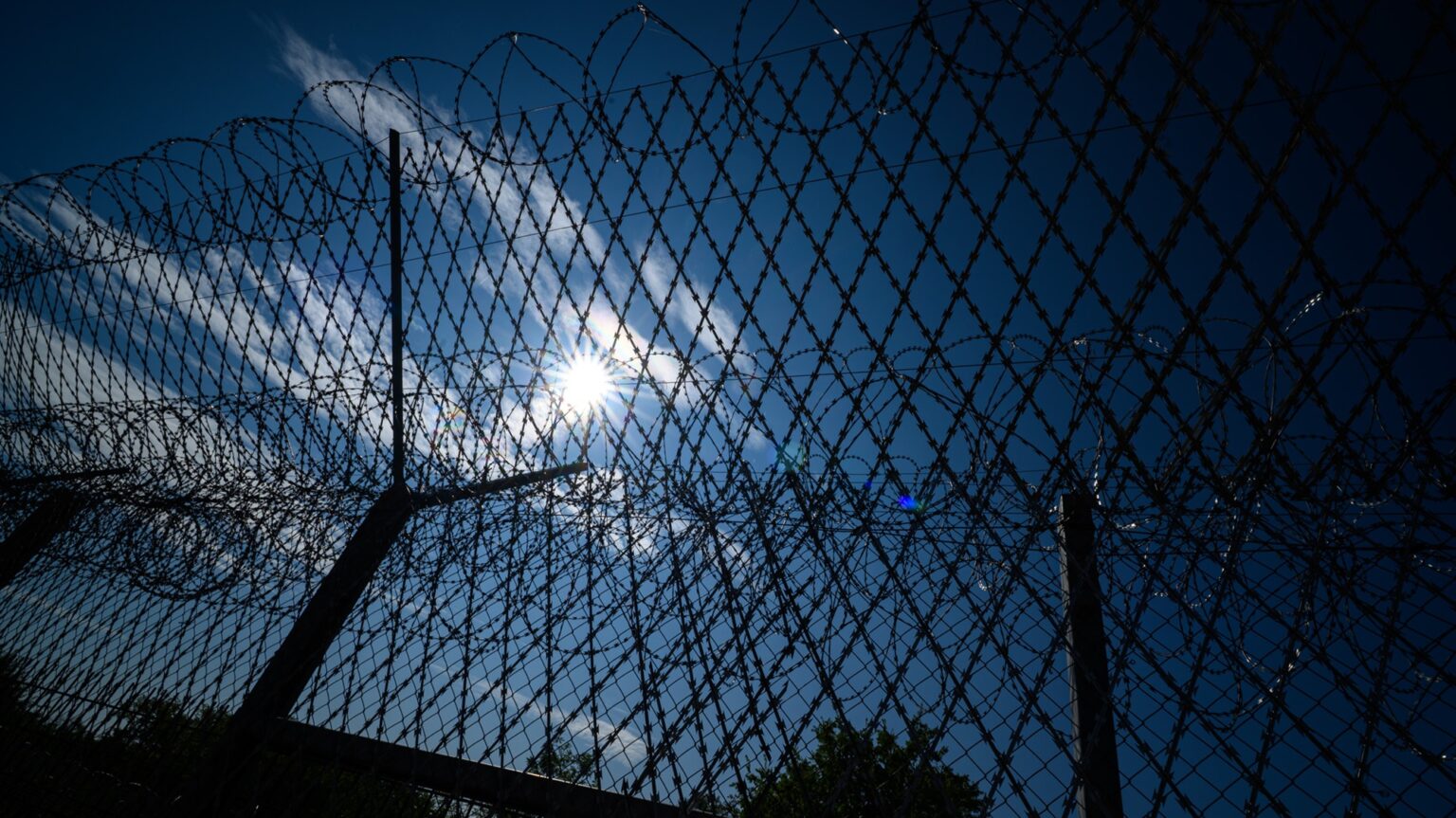
Hungary’s Center for Fundamental Rights launched the Just One Bad Choice campaign, warning that migration could undo the nation’s security. Marking the 10th anniversary of the Röszke border clash, leaders stressed that Western Europe’s experience shows how one wrong decision can transform society forever.
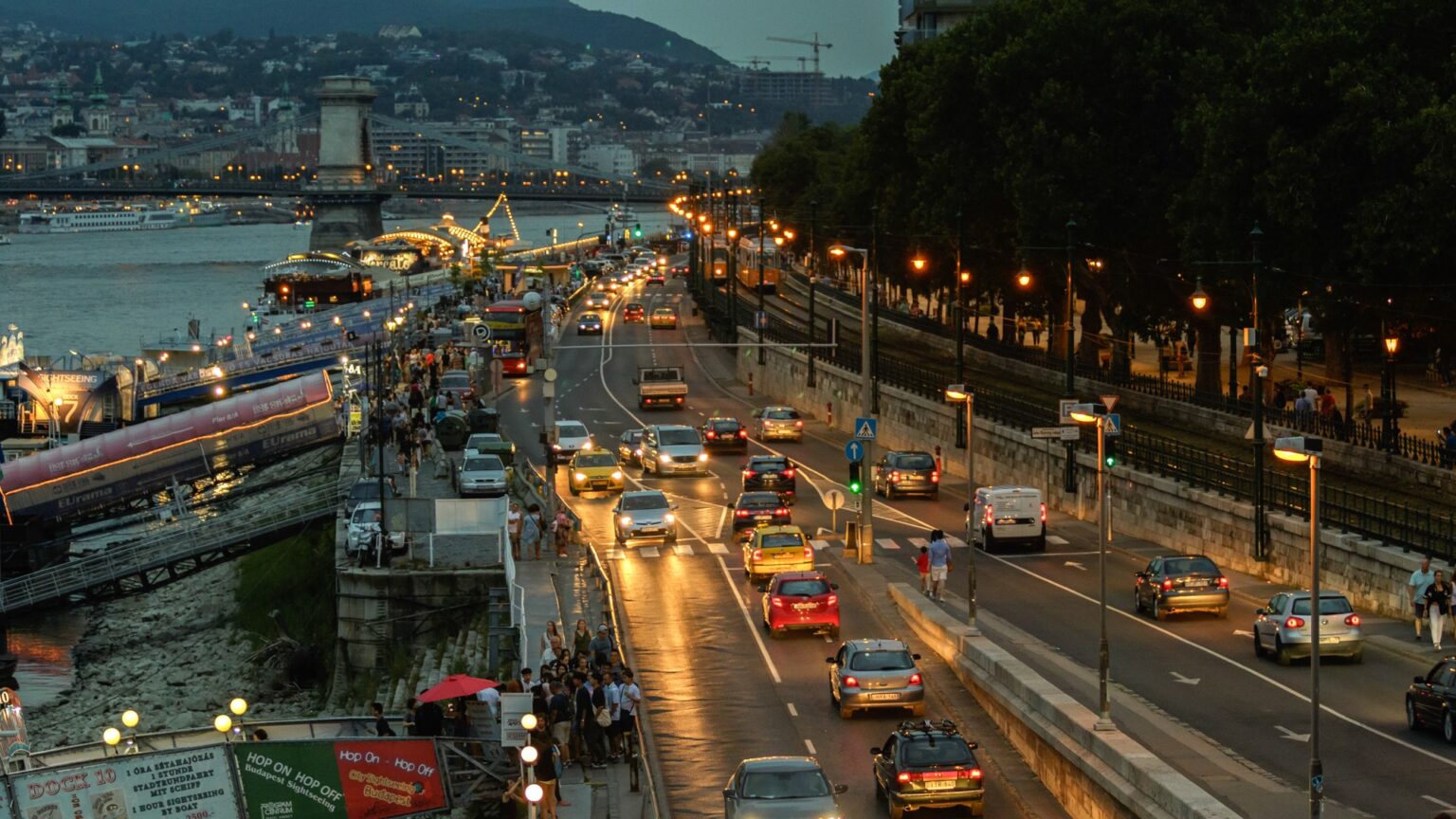
Budapest’s municipal government could face insolvency by late 2025, putting public services at risk, according to a new report by the State Audit Office, which highlights mounting deficits, depleted reserves, and rising financial obligations.
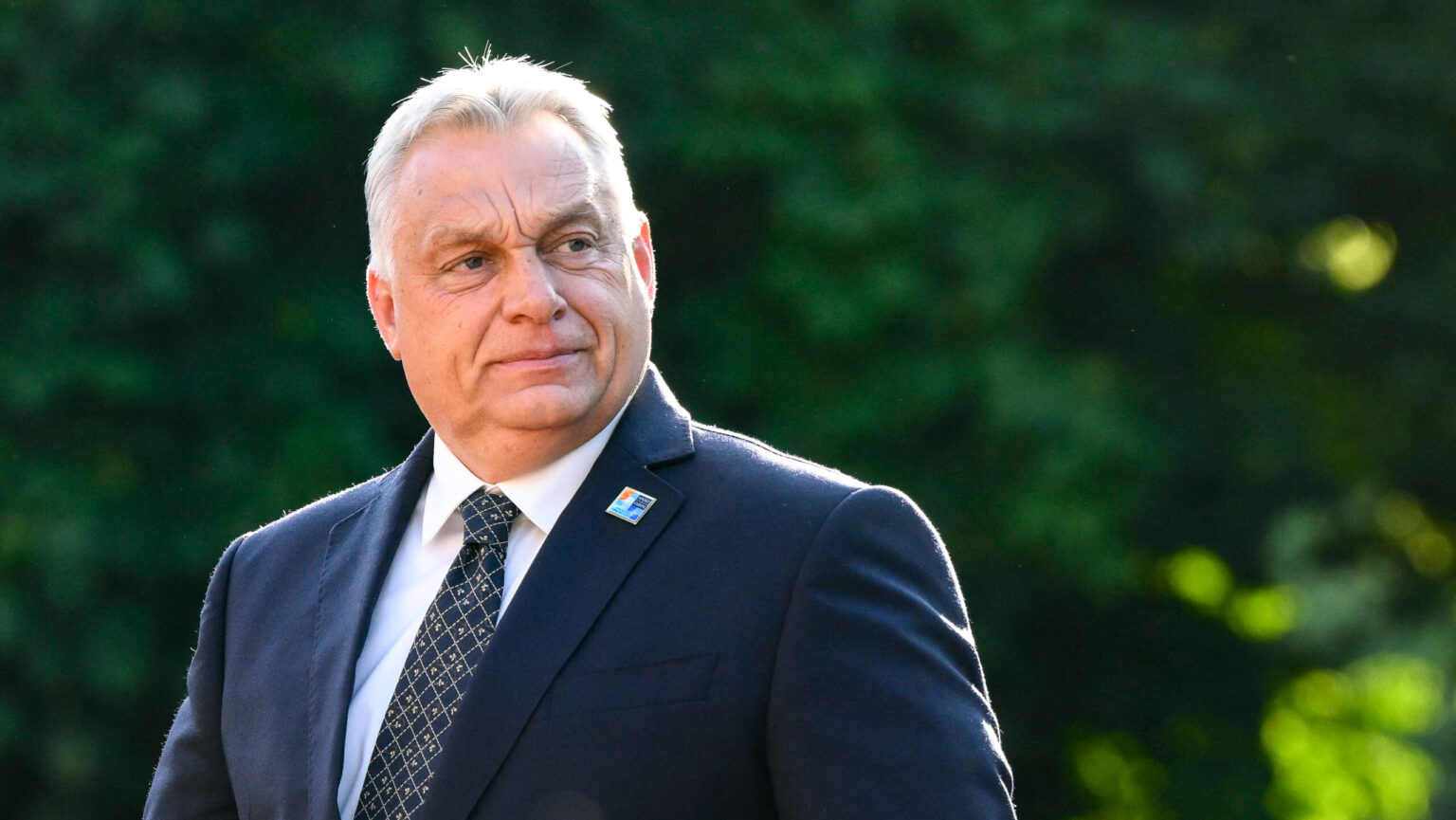
A new poll by Donald Trump’s longtime pollster, McLaughlin & Associates, shows Fidesz–KDNP leading Tisza—contradicting weeks of opposition-linked surveys that had placed Péter Magyar’s party ahead. Commissioned by Index, the poll puts Fidesz at 43 per cent, Tisza at 37, with Viktor Orbán still seen as the favourite for prime minister.
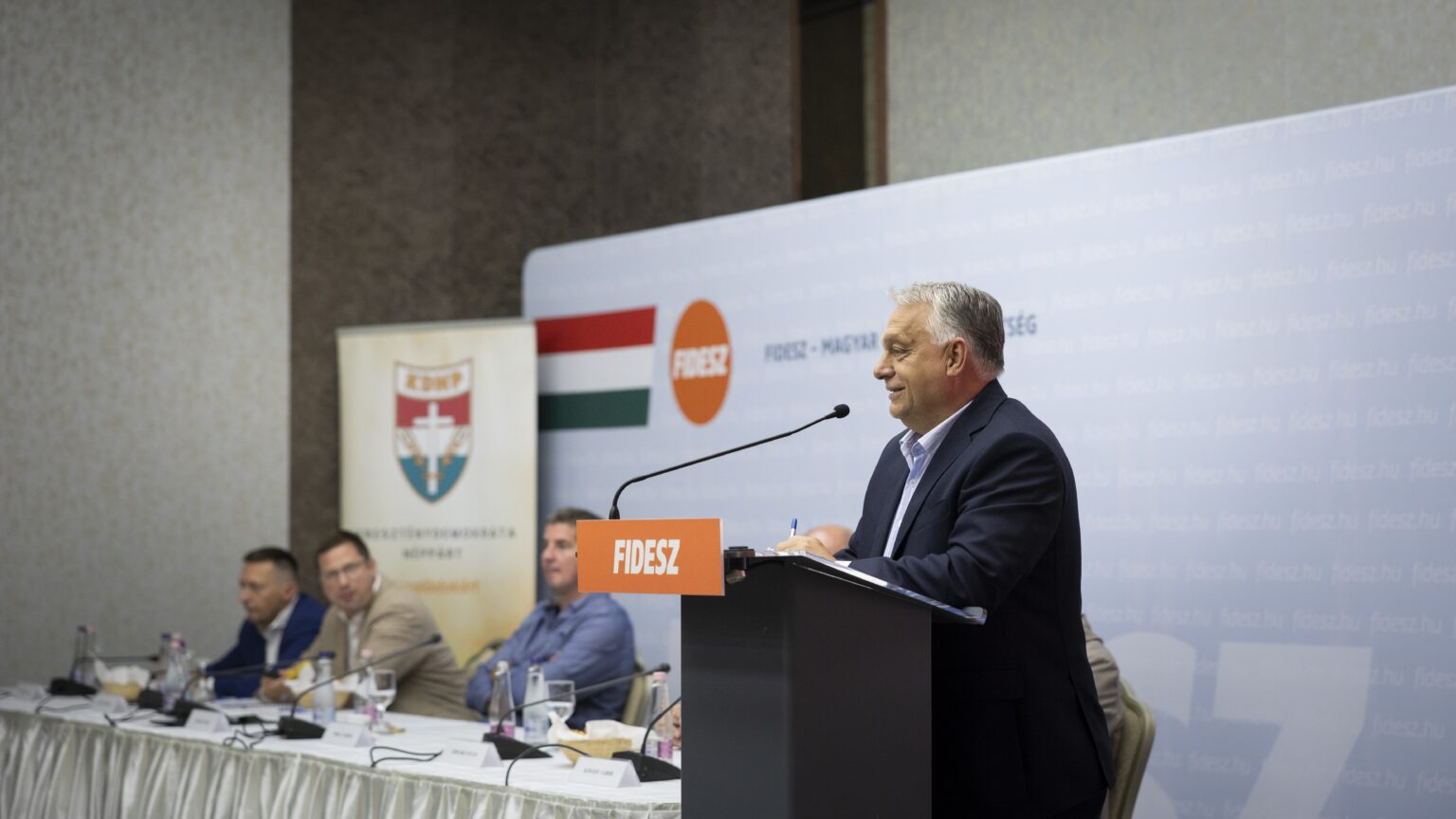
Prime Minister Viktor Orbán warned that introducing the so-called ‘TISZA tax’ is part of a Brussels plan to finance war preparations and Ukraine’s EU accession. He pledged that Hungary will resist such pressures and remain on the side of peace.